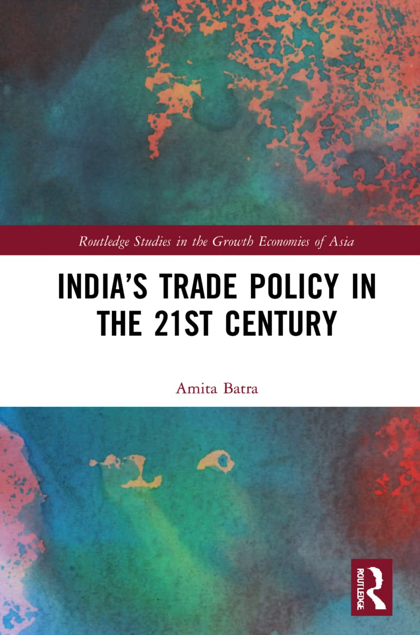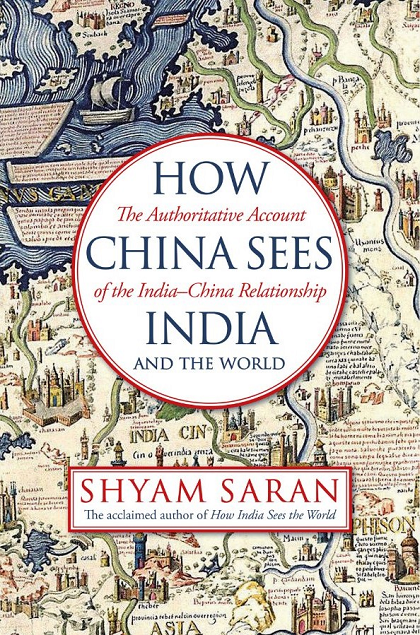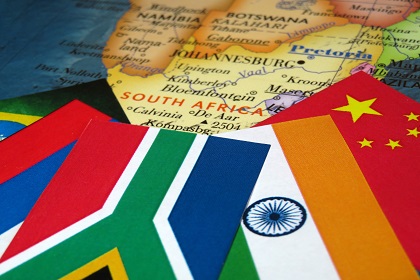 Courtesy:
Courtesy:
Foreign policy in the 21st century is underpinned by economic issues, in contrast to the 20th century when global politics and security aspects dominated diplomacy. Dammu Ravi, Secretary (Economic Relations), Government of India, discusses Indian diplomacy and how it navigates the G7 and BRICS, the opportunities and challenges for strengthening the Neighbourhood First policy in South Asia, and the country’s evolving economic diplomacy.
 Courtesy: Routledge
Courtesy: Routledge
India is slowly entering new trade frontiers, and there is much to prepare, says economist Amita Batra. Trade policy must look ahead at the ‘WTO plus’ provisions which are beyond tariff-based market access, and services, India’s strength, should be an integral part of any trade deal. For those efforts to succeed, domestic reform is urgently needed.
 Courtesy: Juggernaut
Courtesy: Juggernaut
In his new book, former Foreign Secretary Shyam Saran demystifies China's imagined belief of itself as the Middle Kingdom. Contemporary China's propensity to cut and paste history has resulted in China's resentment of India based on a limited understanding of Indian history and of China's past recognition of India as an advanced civilisation which impacted Chinese culture. Today the West recognises India's potential to match China, with depth and skills, over the long term.
 Courtesy: Shutterstock
Courtesy: Shutterstock
In the last two decades, there have been three India-Africa summits, a testament to the growth of bilateral relations. Rajiv Bhatia's book, India-Africa Relations: Changing Horizons, highlights Africa’s emergence as a global powerhouse, with several countries vying for a stake in the region. India’s unique political and economic development model appeals to the African, and can be used to forge an enduring relationship with the continent.






